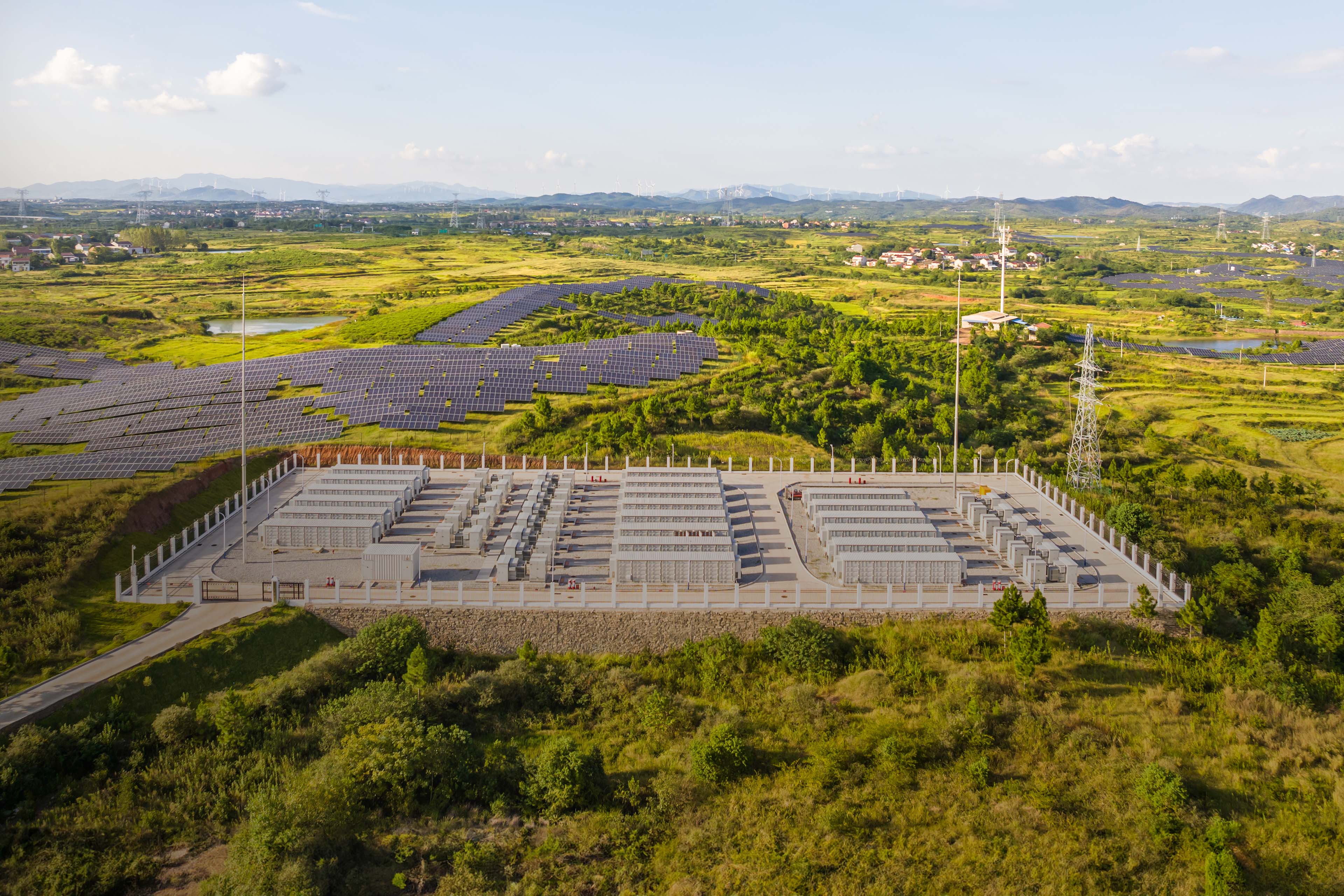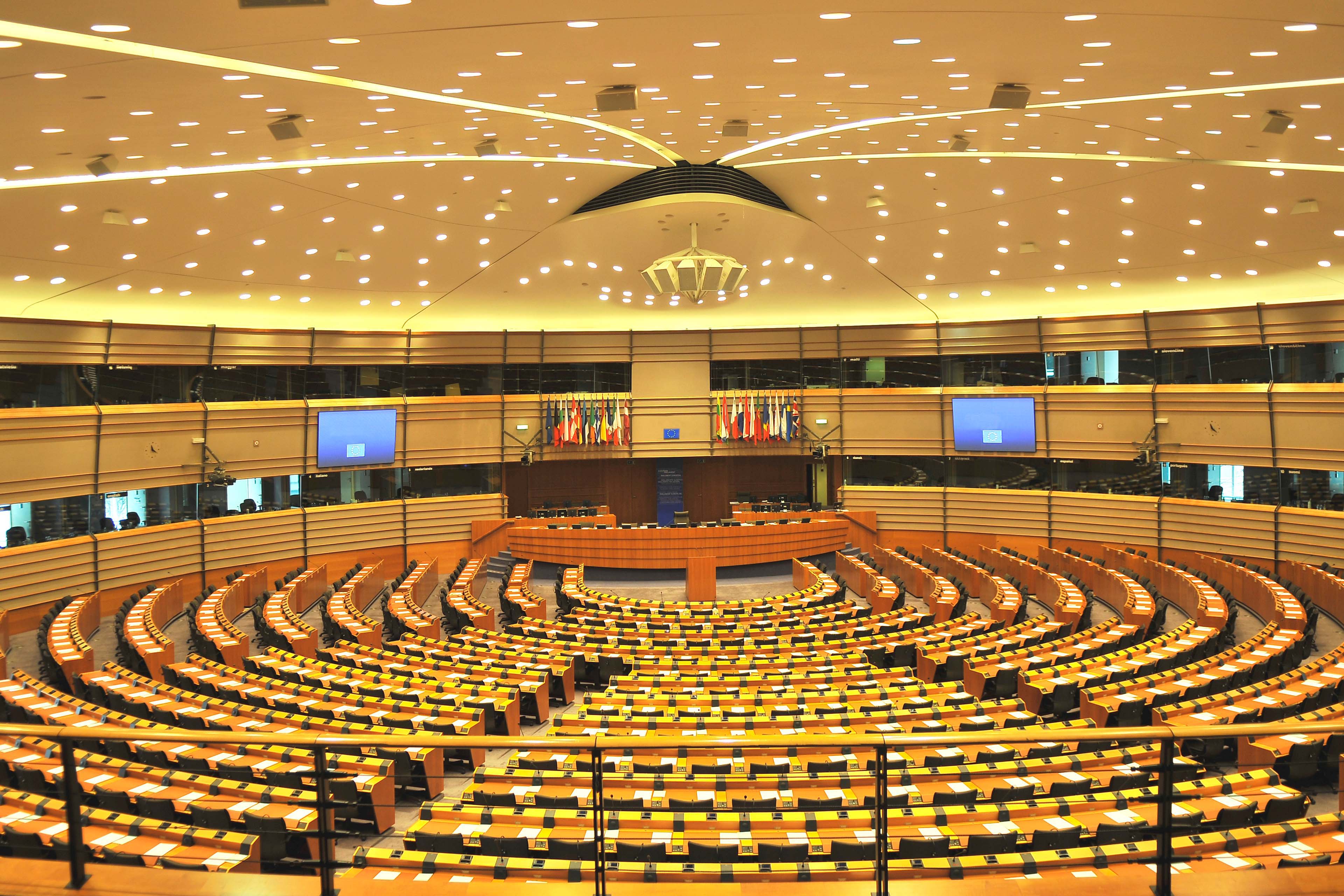EY refers to the global organization, and may refer to one or more, of the member firms of Ernst & Young Global Limited, each of which is a separate legal entity. Ernst & Young Global Limited, a UK company limited by guarantee, does not provide services to clients.
Asia-Pacific CEOs confident in the region’s economic outlook but a lack of focus on geopolitical risk could disrupt growth plans
- CEOs maintain a positive outlook for the coming year; EY survey finds more than seven in 10 are more optimistic about the region’s growth
- Complex interplay of disruptive forces, including geopolitical uncertainty and emerging technologies, continue to shape CEO priorities
- 97% look to deals to fast-track innovation and growth
Asia-Pacific CEOs are confident about the economic growth prospects for the region over the next 12 months. This is according to findings of the latest EY CEO Outlook Pulse survey, which recorded the views of 1,200 CEOs worldwide on their prospects, challenges and opportunities. The survey, which included a new CEO Confidence Index, found 74% of Asia-Pacific CEOs are feeling optimistic about their own countries’ outlook for the coming year, which is higher than their counterparts in Europe (64%) and the Americas (69%).
This confidence comes even though CEOs remain challenged on multiple fronts as they continue to navigate the complexities of an unpredictable and volatile business environment, shaped by an uncertain geopolitical landscape, emerging technologies and shifting consumer expectations.
Top five disruptive issues at the top of the Asia-Pacific CEO agenda
The survey highlights a set of disruptive issues at the top of the Asia-Pacific CEO agenda that will collectively shape CEO activity over the coming year. Geopolitics, including trade tensions and conflicts, tops the list for 43% of CEOs. This is closely followed by emerging technologies (42%), with at least 38% planning to use it to develop new business models, deliver innovation and drive competitive edge. Additionally, CEOs are acutely aware of the impact of changing customer needs (38% of Asia-Pacific CEOs view this as a priority) changing regulation (38%), and access to talent (31%).
Notably, less than a third (27%) of Asia-Pacific CEOs say they see climate change and environmental issues as one of the top disruptive forces. Similarly, only 29% of CEOs see cost of capital as a major concern for the next twelve months.
Shannon Cotter, EY Asia-Pacific Strategy and Transactions Leader, says:
“Asia-Pacific CEOs are more confident in the outlook for their local markets than their global counterparts, despite the persistence of economic volatility, geopolitical uncertainty and a lackluster deal market. CEOs are buoyed by advancements in technology, in particular generative AI (Gen AI), and the tremendous growth opportunities it offers companies in the region – through the technology itself and the upgrading of whole ecosystems and supply chains to support it.”
“However, the relatively low concern among Asia-Pacific CEOs for climate change and environmental issues is a worrying trend and indicates a potential oversight in not just the long-run but also short-term resilience of their businesses. CEOs need to recognize that sustainability is crucial to the success of their business, as are forces such as technology and AI.”
“Underpinning all this is the acute awareness of geopolitical dynamics that could derail this optimistic outlook. As such, CEOs need to position their firms to benefit from, rather than be disrupted by government-focused policy shifts and initiatives.”
Asia-Pacific CEOs need to sharpen their focus on political risk
The survey finds that Asia-Pacific CEOs are struggling to keep pace with their global counterparts when it comes to understanding and managing their company’s political risk exposure. Asia-Pacific CEOs say they have less visibility into their company’s exposure to political risk than their global counterparts – only 69% of Asia-Pacific CEOs have a sufficient grasp of potential risks and mitigation strategies in place compared to CEOs in Europe (80%) and the Americas (78%).
Conscious that geopolitical disruptions have the highest potential to impact their industry and key markets, fewer Asia-Pacific CEOs are incorporating political risks into key strategic decisions compared to their American peers: only 68% of Asia-Pacific CEOs routinely factor political risk when making decisions about market entry, expansion or exit (vs. 77% of American CEOs), and just 73% when it comes to transactions, including mergers and acquisitions (M&A), joint ventures (JVs) and divestments (vs. 81% of American CEOs).
Asia-Pacific eye deals to fast-track innovation and growth
In light of the current environment, CEOs recognize that conventional portfolio review processes need to change, and that traditional strategic planning and portfolio management are no longer effective. Just over a quarter (26%) of respondents report they lack effective metrics to measure how business units are contributing to strategy and 25% find the process too reactive. CEOs are in turn expected to focus on adopting a more flexible and proactive approach to their portfolios, driven by a desire to fast-track innovation and transformation to stay ahead of the competition.
Asia-Pacific leaders are actively looking to transactions to fuel growth and expand their market reach. More than half (52%) of CEOs plan to actively pursue a strategic partnership with a third party in the next twelve months, 42% will chase divestments or IPOs, and 39% will prioritize M&A.
The transaction landscape has been more challenging for Asia-Pacific CEOs, with 19% having paused or canceled deals due to factors such as high financing costs and geopolitical uncertainty over the past 12 months. Asia-Pacific executives are looking to guard against geopolitical disruption by staying close to home, with the top five investment destinations all within the Asia-Pacific region (China, India, Japan, Singapore and Australia).
Cotter says: “Economic headwinds that have plagued most of the Asia-Pacific deal market in the first half of 2024 are starting to subside. With US interest rates receding, Asia-Pacific CEOs are more certain about the future cost of capital and are looking to transactions to keep pace with the changing external environment. Propped up by renewed confidence and a deeper understanding of the dynamic issues at play, Asia-Pacific CEOs are expected to target investment destinations and deal structures that balance their ambition for growth while maintaining flexibility to mitigate risk.”
To read the full Asia-Pacific report, visit here.
To read the full global report, please visit: CEO Outlook Global report.
-ends-
About EY
EY exists to build a better working world, helping create long-term value for clients, people and society and build trust in the capital markets.
Enabled by data and technology, diverse EY teams in over 150 countries provide trust through assurance and help clients grow, transform and operate.
Working across assurance, consulting, law, strategy, tax and transactions, EY teams ask better questions to find new answers for the complex issues facing our world today.
EY refers to the global organization, and may refer to one or more, of the member firms of Ernst & Young Global Limited, each of which is a separate legal entity. Ernst & Young Global Limited, a UK company limited by guarantee, does not provide services to clients. Information about how EY collects and uses personal data and a description of the rights individuals have under data protection legislation are available via ey.com/privacy. EY member firms do not practice law where prohibited by local laws. For more information about our organization, please visit ey.com.
This news release has been issued by EYGM Limited, a member of the global EY organization that also does not provide any services to clients.
About the September 2024 EY CEO Outlook Pulse
On behalf of the global EY organization, in July and August 2024, FT Longitude, the specialist research and content marketing division of the Financial Times Group, conducted an anonymous online survey of 1,200 CEOs from large companies around the world that aims to provide valuable insights on the main trends and developments impacting the world’s leading companies as well as business leaders’ expectations for future growth and long-term value creation. Respondents represented 20 countries (Brazil, Canada, Mexico, the United States, Belgium, Luxembourg, the Netherlands, France, Germany, Italy, Denmark, Norway, Sweden, the United Kingdom, Australia, China, India, Japan, Singapore and South Korea) and five industries (consumer and health; financial services; industrials and energy; infrastructure; technology, media and telecoms). Surveyed companies’ annual global revenues were as follows: less than US$500m (20%), US$500m–US$999.9m (20%), US$1b–US$4.9b (30%) and greater than US$5b (30%).
The CEO Confidence Index was constructed by quantifying CEO sentiment across various economic and business dimensions. CEOs rated their outlook on 15 statements using a 5-point scale ranging from "very pessimistic" (0) to "very optimistic" (100). These responses were aggregated into five thematic groups: sector growth, prices and inflation, company growth, talent, and a composite investment and technology. An overall one-number index was then calculated by averaging scores across these groups.
Related news
Global IPO divergence widens as Americas and EMEIA surge and Asia-Pacific slows
LONDON, 27 JUNE 2024. Globally, in the first half (H1) of 2024 there were 551 listings raising US$52.2b in capital, a 12% decrease in the number of IPOs and a 16% drop in proceeds raised year-on-year (YOY).
LONDON, 19 June 2024. The global automotive industry is on the cusp of a $660b revenue opportunity, as it shifts its focus away from internal combustion engine (ICE) vehicles to electric vehicles (EVs), according to new EY analysis.
EY announces 9 key recommendations to boost investment and make Europe more competitive
LONDON, 19 JUNE 2024. The EY organization is calling on European institutions and national governments to take nine actions to help attract more foreign direct investment (FDI), with the publication of the second installment of its Europe Attractiveness Survey 2024.
Record energy investments are failing to keep the world on track for the 2030 renewables target
LONDON, 18 JUNE. Despite last year’s surge of US$1.8 trillion in clean energy investment, including US$660 billion earmarked for renewables, investment remains below what is needed to meet the COP28 target of tripling renewable capacity by 2030.
LONDON, June 18, 2024 — The EY organization today announces a significant milestone in the launch of Microsoft Dynamics 365 Sales for EY people across the globe, paving the way for how global professional services organizations establish more unified, customer-focused sales operations.
LONDON, Monday 17 June 2024: The majority (82%) of European financial services firms' boardrooms include at least one director with experience of either a ministerial or parliamentary position or a civil service or government-appointed role, providing crucial expertise amid the 2024 election super cycle, according to the latest EY European Financial Services Boardroom Monitor.









